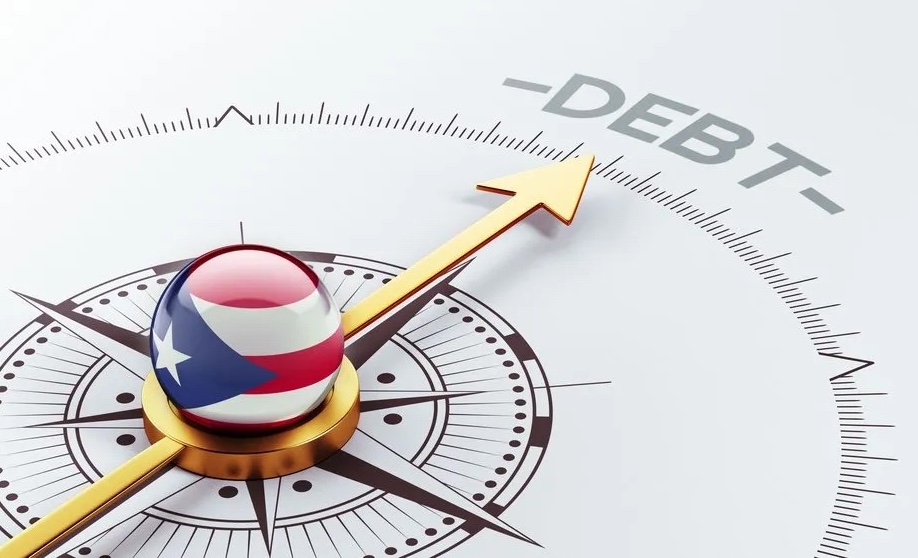- Free Consultation: (303) 832-2655 Tap Here to Call Us
The Unique Challenges of Small Business Bankruptcy

A Small Business Bankruptcy can often help a small business.
If you own a small business, you know that there are many considerations and challenges to keeping your business afloat and your revenue flowing into your company. In addition to the necessity to keep the revenue flowing, the small business owner must do their best to keep both their fixed and variable costs low. Bankruptcy is one invaluable tool for the small business owner to help lower high costs by either letting vendors and creditor card companies end their contracts without any threat of legal damages, or, at the very least a specific formula to determine with certainty what those costs will be. At the same time the small business owner may also re-negotiate with existing creditors to help lower their overhead costs.
A Bankruptcy Court sitting in a Chapter 11 case has very broad powers to allow a Chapter 11 business debtor to re-negotiate with utility companies, supply contractors and unions or other labor representatives as well many, many other individuals or entities. Chapter 11 business cases are for the business owner who wants to keep their business going and has a realistic chance to do so if certain costs are renegotiated and other legal objections are met. It is important to note, however, that Chapter 11 cases are complicated, expensive, and require a heightened level of attention. It is critical that before filing for relief under Chapter 11 of the Bankruptcy Code you have a detailed discussion with your experienced bankruptcy attorney regarding your current state of affairs as well as your realistic goals for your small business in the near, intermediate, and long-term future. These discussions will inform your attorney as to whether it is better to negotiate a pre-packaged Chapter 11 case with your creditors and then file or whether it is better to file for relief under Chapter 11 and file for various protective Orders on the first day at the inception of your case.
Chapter 13
Yes, Chapter 13 has an important place in small business bankruptcy discussions. If you run your own business, you are almost certain to have personal liability on business debt. There are often numerous guarantees and business credit cards that you signed incurring liability in your personal capacity as well as your capacity as the owner of your small business, perhaps even using personal property or your home as collateral. Chapter 13 can allow you to keep your business and collateral as you pay an affordable plan payment to creditors. To be sure, your business cannot file for bankruptcy under Chapter 13 of the Bankruptcy Code. If you file for relief under Chapter 13 of the Bankruptcy Code you must be an individual.
Chapter 7
Chapter seven of the Bankruptcy Code allows for a business to file for relief under Chapter 7 to liquidate the business. Once again, the small business owner likely has personal liability on business debts. In many cases, the business owner can file a Chapter 7 personal bankruptcy to eliminate his personal liability and keep his business. Why? because in Colorado you have a $60,000 tools of trade exemption which allows you to keep your business truck and tools so you can continue you livelihood. In most small businesses the value lies in your education and experience. Plumbers, welders, electricians, and all manner of skilled craftsmen as well as lawyers, accountants and architects certainly fall within the ambit of this discussion. You can always reopen a new business doing the same thing whenever you need to as there is no prohibition against doing so.
The law firm of Long & Long, P.C. have decades of combined experience in bankruptcy helping individuals in Denver, Centennial, Castle Rock, and the metro area. Long & Long, P.C has the know how to represent any type of client, whether debtor or creditor, in any type of bankruptcy proceeding, including Chapter 13, and Chapter 7. Long & Long, P.C. can be reached at (303) 832-2655.




